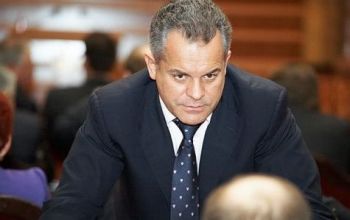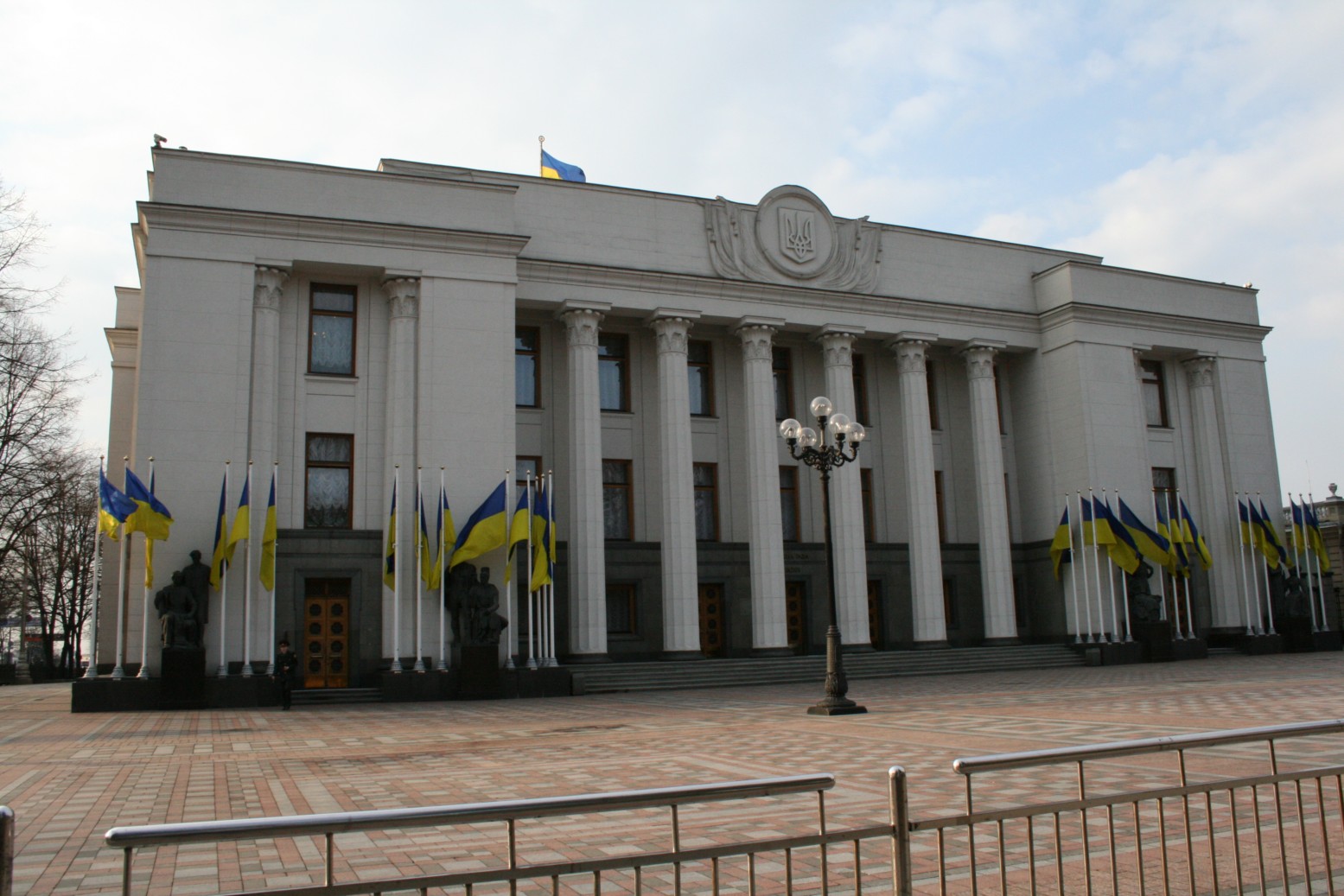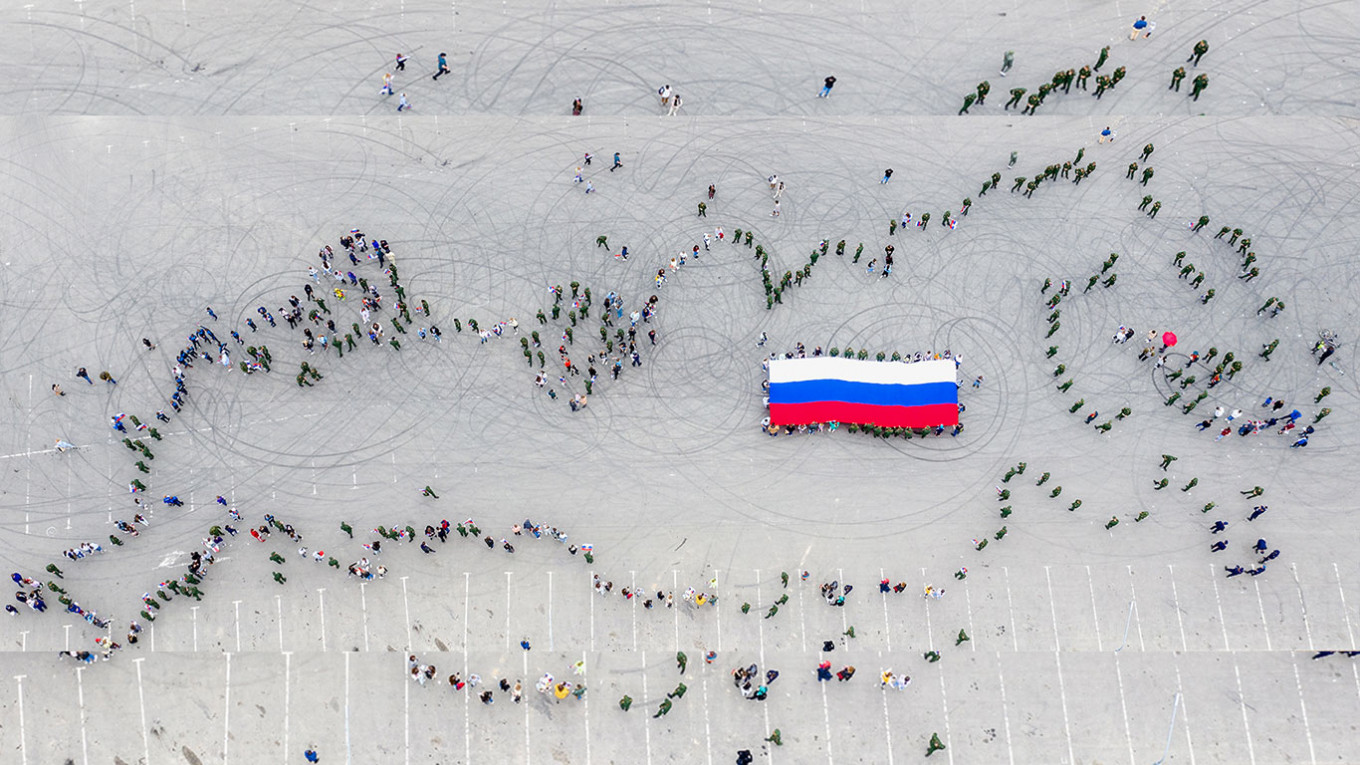
Plahotniuc’s Power Base in Moldova: Allies and Instruments (Part Two)
Plahotniuc’s Power Base in Moldova: Allies and Instruments (Part Two)
*To read Part One, please click here.
Moldovan billionaire Vladimir Plahotniuc, the de facto head of the Democratic Party of Moldova, has, over the past year, built up a strong power base under the “pro-Europe” coalition government’s cover. To achieve this, he has amassed a wide range of instruments and is gaining additional ones as well. Besides short-term and long-term political alliances, the manipulation of legislative mechanisms, as well as the control over law enforcement (see Part One in EDM, January 12), Plahotniuc’s power instruments currently at his disposal include:
- The “kompromat state.” Moldova’s law enforcement bodies (Prosecutor General’s Office, the militarized Anti-Corruption Center, and others—see Part One) are widely believed to be collecting compromising materials (kompromats) on government officials and politicians, rendering many of them vulnerable to political blackmail. Even if such surveillance is not blanket, but selective, it constitutes a political instrument, looming in the background and activated as necessary against Plahotniuc’s opponents. This is a milder version of the Russian or Ukrainian “kompromat state,” whereby collecting such materials is not an anti-corruption activity, but rather a political activity to neutralize rivals or corral allies through carefully timed disclosures. In Moldova’s case, kompromats are publicized, or hinted at, on an ad hoc basis by Plahotniuc’s television channels (see below) or his temporary ally Renato Usatii. Such cases can take center-stage in Chisinau from time to time, but happen in obscurity in the countryside all the time ahead of elections. When the Prosecutor-General descended on the parliament to request the lifting of Filat’s immunity, the vote was quick, without questions asked, amid palpable fears that most deputies could end up in a similar situation (see EDM, October 19, 2015).
- Media conglomerate. “General Media Group” is Plahotniuc’s fully owned holding, which includes four television channels with country-wide coverage (Prime, Publika, Channel 3, Channel 4), alongside three radio channels and other media assets. Media Group does not, as a rule, propagandize for Plahotniuc personally, but rather against his opponents. Plahotniuc remains a shadowy figure and has one of the most negative ratings (trust-mistrust) among all Moldovan politicians. Media Group controls an estimated 70 percent of the country’s media market; and thanks to financial power, it employs trolls in large numbers relative to the local media scene.
- Economic and financial levers. Under the coalition agreement to divide government posts, Plahotniuc’s Democratic Party controls the Ministry of the Economy and, de facto or with its allies, most of the regulatory and market-oversight agencies (the customs service is a notable exception). That situation enables Plahotniuc’s core group and allied interests to control financial flows and policy decisions in lucrative economic sectors. Energy, the trade in metals, telecommunications, as well as the bakery industry are known to be so controlled. Moldova’s National Bank belongs in the Liberal Party’s quota of politically controlled institutions, but the Bank is known to have passed under Plahotniuc’s influence de facto. This was confirmed on September 21, 2015, when Plahotniuc and his relative, Parliament Chairman Andrian Candu, directed National Bank Governor Dorin Dragutanu and his deputy to resign literally overnight, thus blocking the International Monetary Fund’s scheduled visit and a possible move to unfreeze Moldova-IMF relations (Unimedia, Infotag, September 21, 22, 2015). Following their resignations, Candu launched a search for replacing those two officials, only to claim soon that the search had failed, so that Dragutanu and his deputy remain in their posts at the National Bank thanks to Plahotniuc’s and Candu’s protection. The Bank (along with the other relevant institutions) has failed to detect or explain the billion-dollar theft from Moldova’s banking system (see EDM, January 11).
- Local administrations. Plahotniuc’s Democratic Party and its main rival, the Liberal-Democrat Party, finished head-to-head in the elections for local councils that were held country-wide in June 2015. Contrary to these parties’ pre-election agreement, the Democratic Party made post-election alliances with other parties’ councilors in numerous districts and towns, ensuring the election of Democratic mayors instead of Liberal-Democrat ones in many districts and towns. The local alliances had been supposed to mirror the governing alliance in Chisinau, but the Democratic Party scuttled that alliance at the local levels in June, presaging its scuttling in Chisinau in October, when the Democratic Party and its new allies joined forces to arrest Vlad Filat and remove then–prime minister Valeriu Strelet. Meanwhile, those maneuvers at local levels have established a significant advantage for the Democratic Party in the next parliamentary elections.
- Constitutional Court. This court’s six justices are appointed by quotas of the three governing parties. The quotas guarantee a majority of four justices from the Democratic and Liberal parties, out of six. Moreover, the Court’s chairman Alexandru Tanase, originally delegated by the Liberal-Democrats, has since become a political player in his own right. Meanwhile the remaining seat (the sixth), “belonging” to the Liberal-Democrat quota, remains vacant because the other two parties are blocking the rival party’s nomination. On December 29, 2015, the Constitutional Court ruled that President Nicolae Timofti is obligated to accept a nominee for the vacant post of prime minister who would be presented to him by a constituted majority of the parliament’s deputies (51 out of 101). Plahotniuc was at that moment personally assembling such a majority using his parliamentary allies, including the Communists with their decisive 21 votes. And it was a group of 14 Communists, now officially on Plahotniuc’s ”Social-Democrat Platform” (see above), who petitioned the Court urgently for this ruling. President Timofti is now heavily pressured to rubber-stamp that nominee before January 14, 2016 (Unimedia, Ziarul National, December 30, 2015; January 7, 2016).
Government posts not yet under the Democratic Party’s control are the Prime Minister’s post and the Ministry of Internal Affairs (numerically the largest law enforcement body with an estimated 25,000 employees). These posts were all along in Filat and Strelet’s Liberal-Democrat Party’s quota. Plahotniuc seeks to wrest these posts for his Democratic Party. This was one of the motivations for triggering the government crisis in October 2015.


